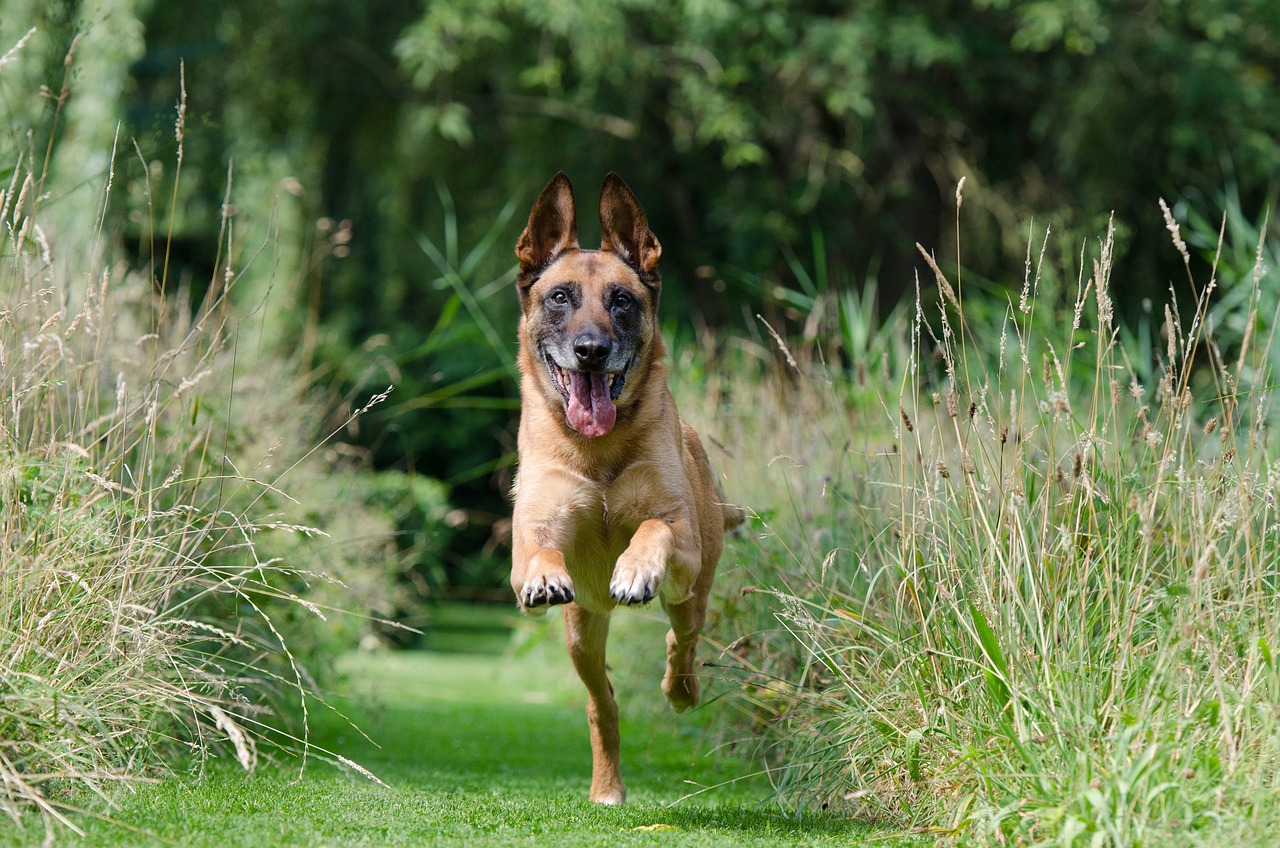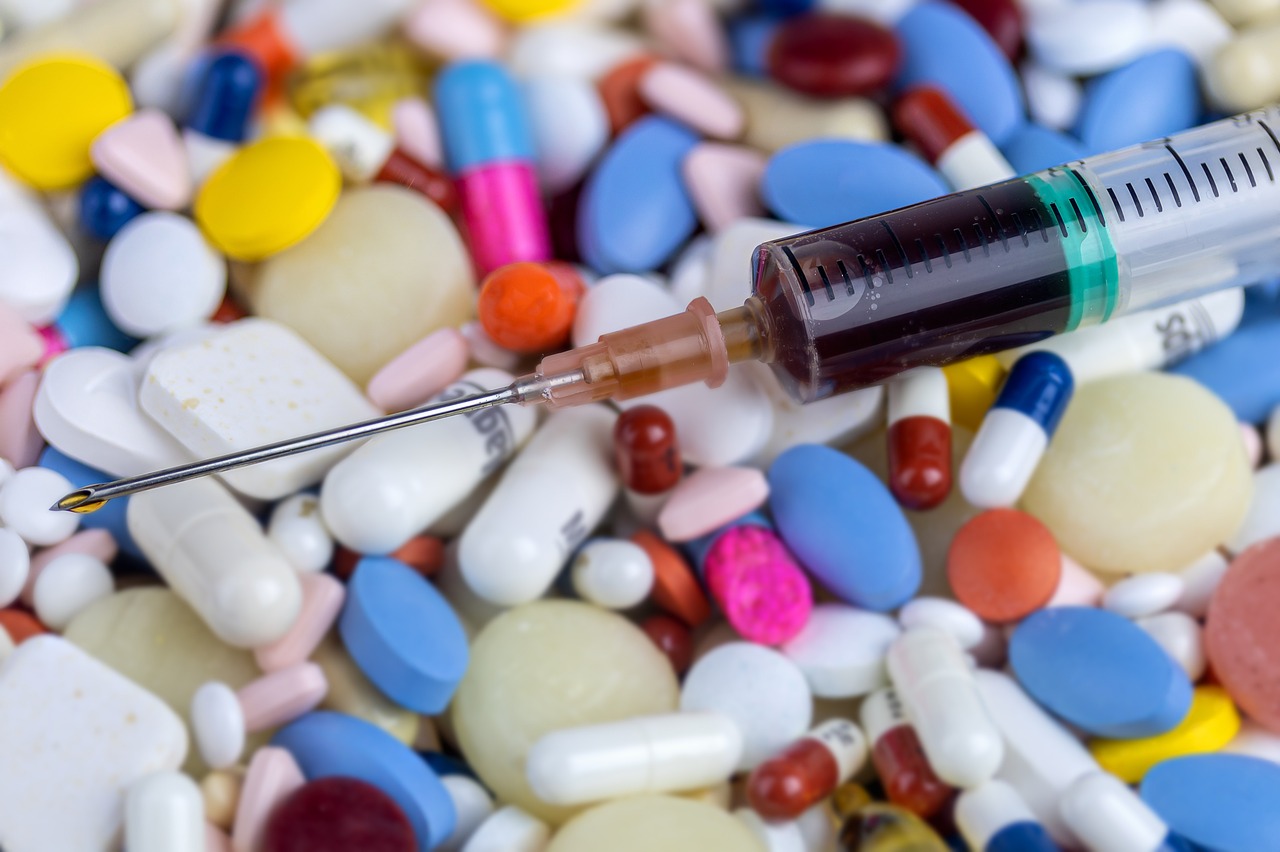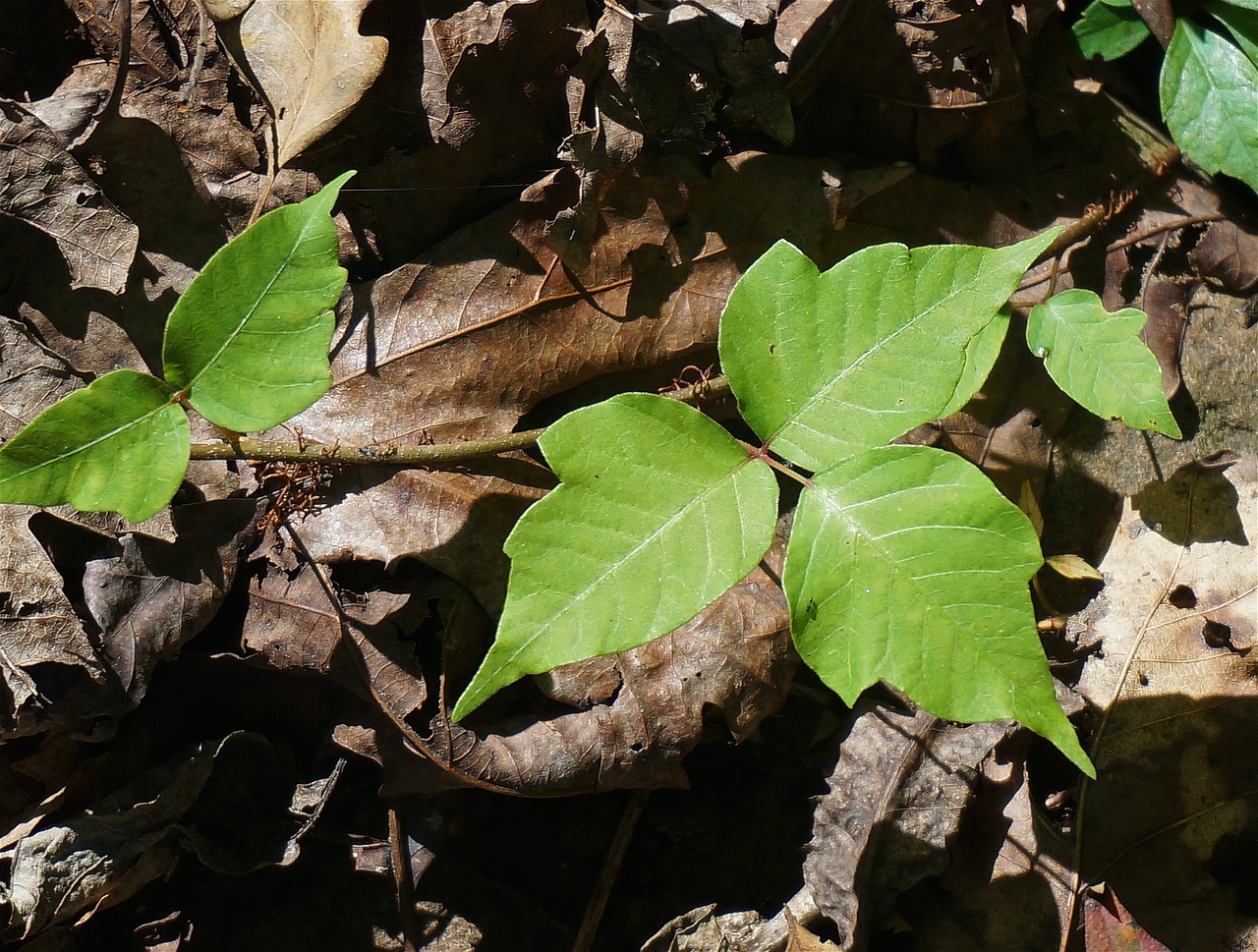Grape and Raisin Toxicity in Pets: A Danger to Dogs

While many pet owners may believe that fruits and vegetables make ideal snacks for their furry friends, the truth is that some can be harmful, and even toxic, to dogs.
Beware of Grapes and Raisins
Grapes and raisins have been identified as culprits in cases of acute renal (kidney) failure in dogs that have ingested substantial amounts. In cases of kidney failure, a pet's capacity to produce urine decreases, preventing them from effectively eliminating toxins from their system. Unfortunately, the exact cause of kidney failure and the amount of grapes or raisins required to be toxic to pets remain unknown, making every ingestion potentially severe. Depending on the dog's size, as few as four grapes or raisins can adversely affect your beloved companion.
All Grapes Pose a Risk
The reasons behind grapes and raisins being hazardous to pets remain unclear. Suspects include bacteria or fungi that grow on grapes and the presence of pesticides or fertilizers used in the cultivation process. Notably, dogs have reacted to store-bought and homegrown grapes, making it clear that whether they are fresh from the vine, store-bought, or dried (as raisins), all can pose a potential danger to your pet.Prevent Poisoning at Home
To prevent accidents, pet owners should avoid leaving grapes and raisins on countertops or anywhere accessible to their pets. It is equally crucial to avoid giving dogs cookies containing raisins or even treats like chocolate or yogurt-covered raisins. Additionally, parents should educate their children about the types of foods that are unsuitable for Fido.
Symptoms of Toxicity
Most dogs affected by grape ingestion exhibit many symptoms, including lethargy, reduced appetite, muscle weakness, diarrhea, abdominal pain, and shivering. A veterinarian must conduct blood and urine tests on your pet to diagnose renal failure accurately.
As always, if your pet displays any unusual behavior or any of the symptoms mentioned above, contact your veterinarian without delay. Early identification of the problem and prompt initiation of the appropriate treatment can significantly improve the outcome.
Treating Grape Toxicity in Dogs
The course of action for treating grape or raisin toxicity in dogs may depend on the recency of ingestion. Your veterinarian might induce vomiting and administer activated charcoal to absorb residual toxins in your pet's body. In severe cases, aggressive treatment involving intravenous fluid therapy, medications, and even dialysis may be necessary to ensure the continued functioning of your pet's kidneys.
Get insurance plans with wide-ranging coverage options













